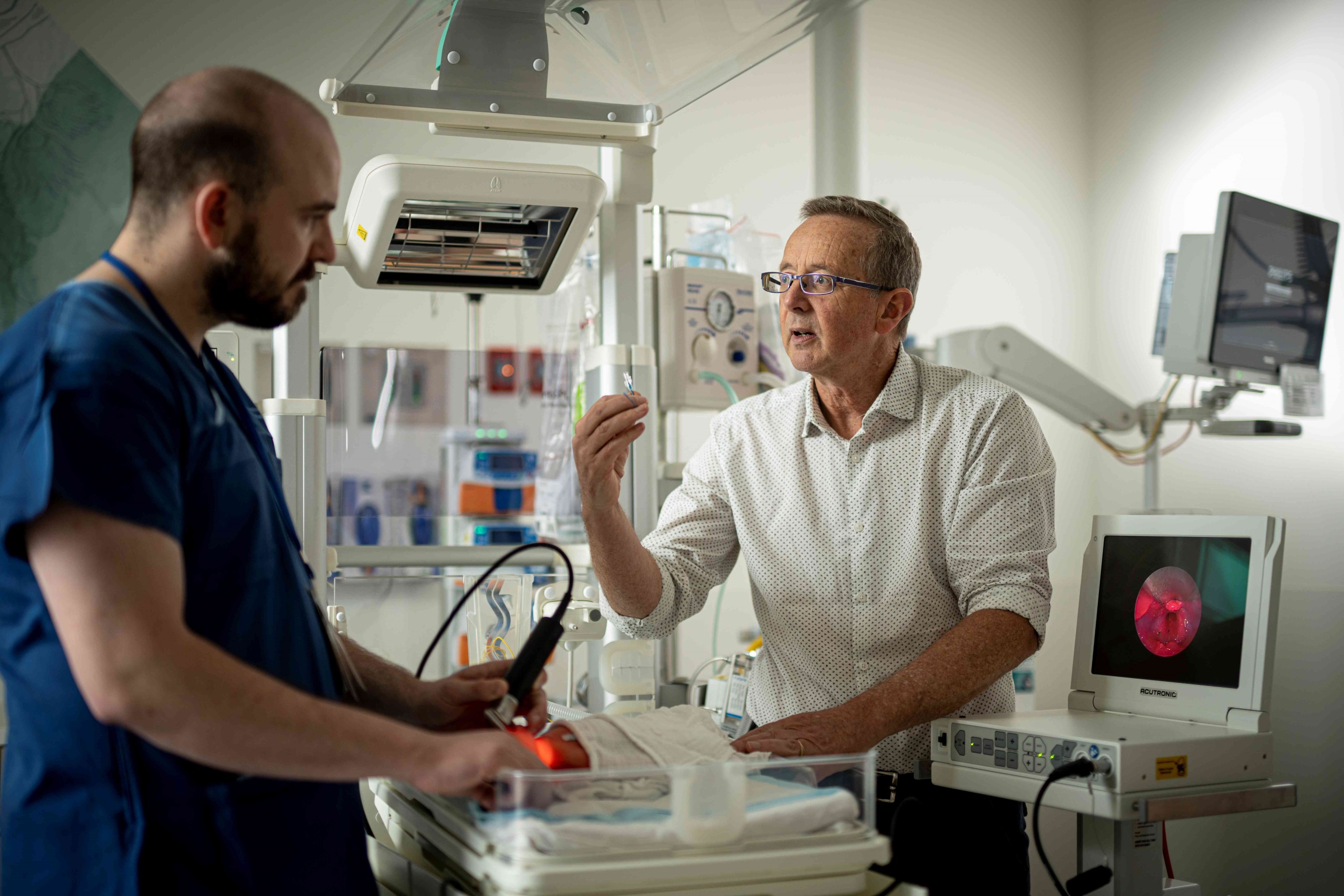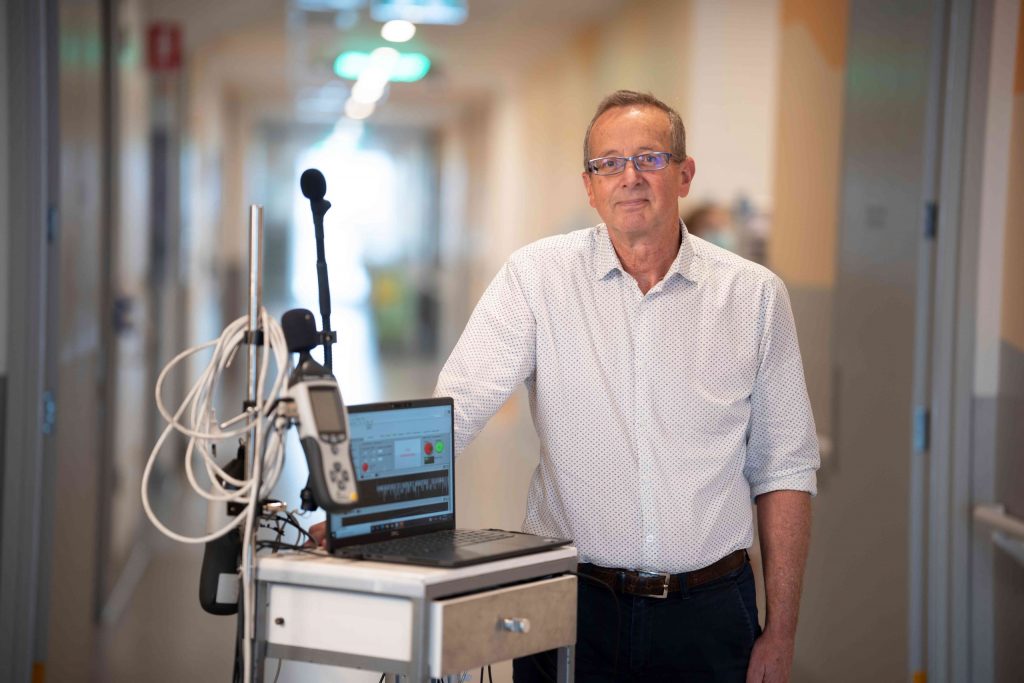
Thanks to the support of the Royal Hobart Hospital Research Foundation and its donors, groundbreaking research in preterm baby care is changing lives worldwide. The Foundation's early support of Professor Peter Dargaville's work has helped secure almost $2.5 million in funding from the National Health and Medical Research Council (NHMRC). This shows how vital initial support is in making research successful and impactful.
The study focuses on developing and improving the VDL1.1 oxygen control algorithm, now known as OxyGenie. This advanced technology aims to give preterm babies the right amount of oxygen, which is crucial for their survival and growth. The Foundation funded three key projects that made this innovation possible, allowing clinical trials to show how effective the algorithm is.
Preterm babies often need extra oxygen because their lungs are not fully developed. However, keeping their oxygen levels just right is tricky. Traditional manual adjustments can lead to periods where babies get too little or too much oxygen, which can be harmful. The VDL1.1 algorithm automates this process, making it much easier to keep oxygen levels stable, reduce extreme oxygen levels, and need fewer manual adjustments.
The results of a study comparing the VDL1.1 algorithm with manual control over 24 hours were impressive. Babies using the automated control had more stable oxygen levels, fewer dangerous oxygen deviations, and fewer manual adjustments. These findings, published in leading medical journals, show the algorithm's potential to change baby care.

The success of Professor Dargaville's research highlights the Foundation's commitment to supporting critical medical advancements. Without the Foundation's initial funding, this project might not have reached its current global impact. Today, the OxyGenie algorithm is improving the care of preterm babies in neonatal intensive care units worldwide, showing how targeted support can lead to significant scientific breakthroughs.
This research is about improving outcomes for preterm babies today and setting a new standard for baby care in the future. As we continue to use technology to solve healthcare problems, Professor Dargaville and his team's work stands as a great example of how innovation, supported by donations, can lead to life-saving advancements.
The Foundation is proud to have been part of this journey, showing that our local efforts can indeed have a global impact. Our donors' generosity has enabled research that will benefit thousands of preterm babies, ensuring they receive the best possible start in life.
Join us in saving tiny lives! Your support can lead to innovative solutions and provide hope to preterm babies and their families. To contribute to our groundbreaking research, contact the Foundation's office at (03) 6166 1319 or donate online. Together, we can continue to advance neonatal care and give these tiny lives a fighting chance.